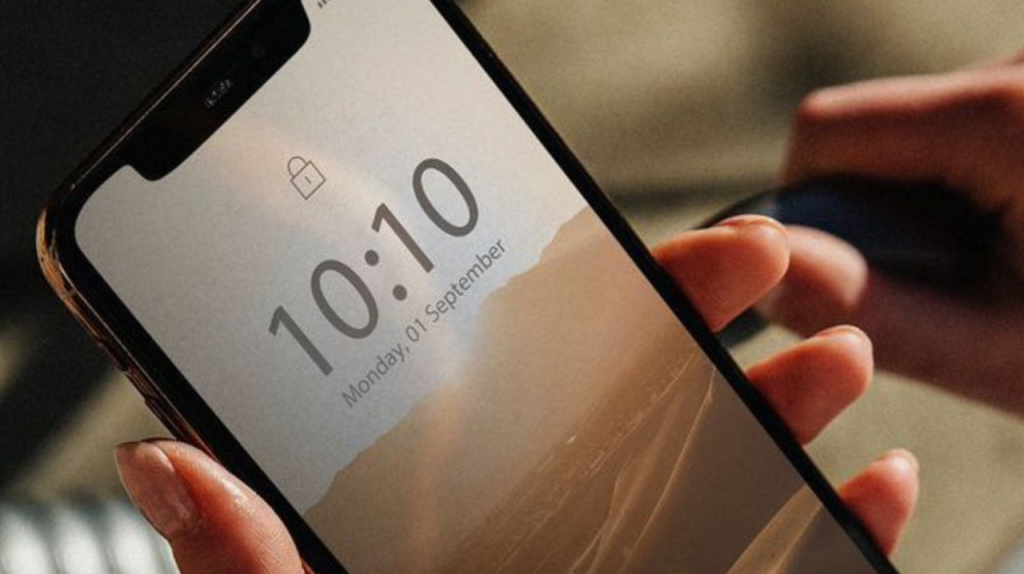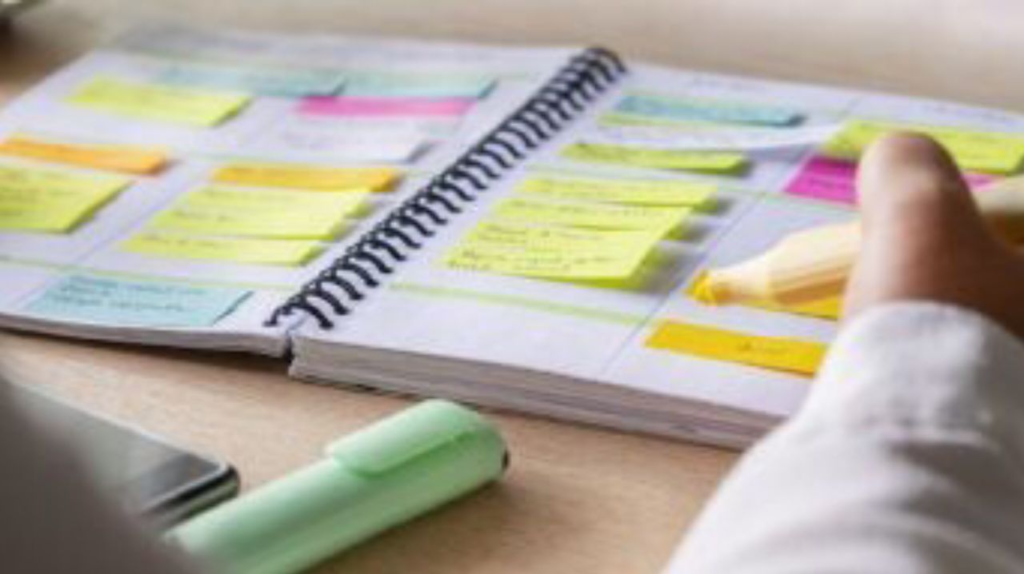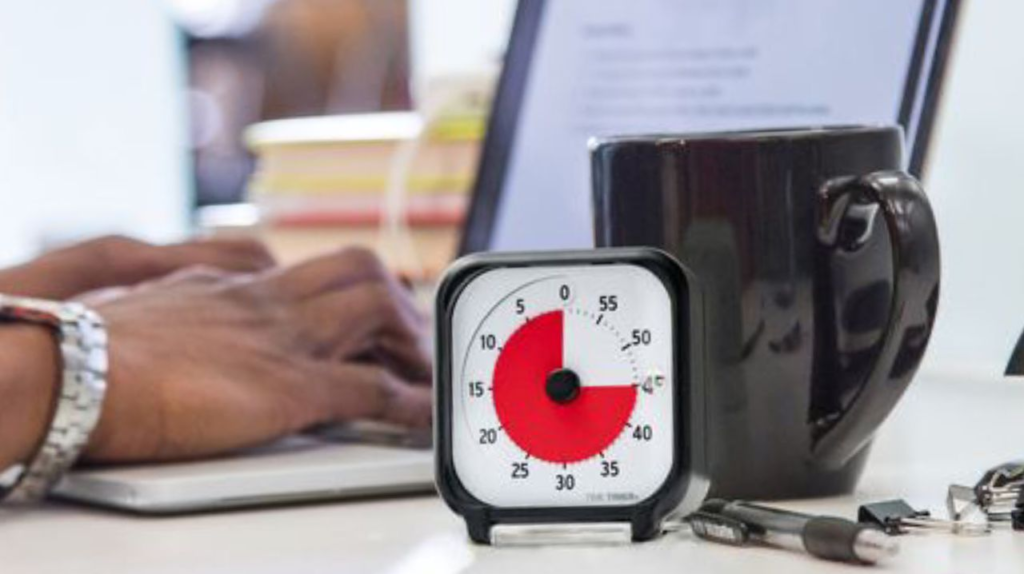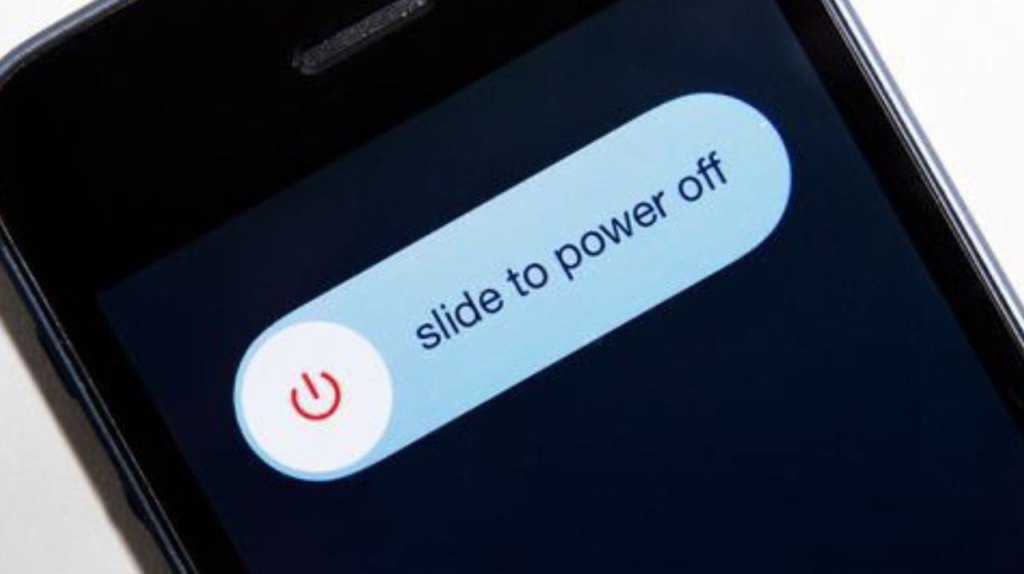Imagine starting your workday feeling in control, knowing exactly what needs to be done and when. The good thing is, this doesn’t have to be wishful thinking. Much like how Ikea hacks can turn a plain piece of furniture into a stylish addition to your home, time management hacks can transform your chaotic schedule into a streamlined, productive routine.

Source: Pinterest
You don’t need to feel overwhelmed by your workload. Small, thoughtful changes—like setting clear deadlines and scheduling regular breaks—can significantly enhance your efficiency. Here are 11 effective time management hacks designed to help you and your team stay focused and accomplish more at work!
Conduct a Time Audit
Where does your time go? To manage it effectively, start by tracking your daily activities for a week. Write down everything you do, from work tasks to social media breaks. This time audit reveals how much time you truly have and what activities are eating it up.

Source: Pinterest
You’ll see where you’re wasting time and what tasks are essential. By understanding your time usage, you can focus on high-value activities and eliminate the ones that don’t matter.
Prioritize Like A Pro
Not all tasks are created equal. To manage your time better, prioritize your tasks based on importance, not urgency. Start by listing everything you need to do, then highlight the tasks that align with your goals and objectives. Focus on these important tasks first, even if it feels uncomfortable.

Source: Pinterest
Eliminate unnecessary tasks. Narrow your list to three or four key tasks each day. This approach ensures that you complete the most important work first, reducing distractions from less relevant tasks and helping you stay on track.
Establish A Consistent Routine
A consistent routine is key to effective time management. So, start by creating a daily to-do list before you end your workday. This helps you hit the ground running in the morning and provides mental peace at night.

Source: Pinterest
When you have a plan, you won’t lie awake worrying about forgotten tasks. Writing down your tasks allows your subconscious to process them while you sleep, leading to fresh ideas and inspiration in the morning.
Avoid Task Paralysis
Ever feel overwhelmed by a long list of tasks? That’s task paralysis, and it can kill your productivity. To avoid it, start your day by focusing on the most important task first and blocking off dedicated time in your schedule to complete it.

Source: Pinterest
Even if you spend more time than expected, it’s okay. What matters is that you’re learning to allocate appropriate time for similar tasks in the future. Tackling one big task at a time helps you stay focused and prevents the feeling of being stuck with too much to do.
Set Time Limits
Setting time limits for tasks helps you work efficiently and avoid feeling overwhelmed. You can do that with the Pomodoro Technique: work for 25 minutes, then take a short break. Repeat this cycle four times, then take a longer break. This method keeps you productive without burning out.

Source: Pinterest
Alternatively, you can use timeboxing: set a specific amount of time for each task. Knowing how long tasks take allows you to plan effectively, stay focused, and avoid getting stuck on any one task.
Group Similar Tasks Together
Our brains work best when focusing on one thing at a time. So, group similar tasks together to save time and energy. For example, set specific times for answering emails, making calls, or doing paperwork.

Source: Pinterest
This approach prevents your brain from switching gears too often, which can be exhausting and inefficient. To avoid distractions, turn off notifications during these focused work periods. By sticking to this routine, you’ll get more done in less time and reduce the chances of important tasks being neglected.
Manage Client Expectations
Working with clients who have unrealistic expectations can drain your time and energy. Be transparent from the start about what’s possible and what isn’t, and set clear boundaries and timelines. If a client seems too demanding, it might be better to avoid working with them.

Source: Pinterest
Needy clients can consume your resources and lead to stress and burnout. By managing client expectations effectively, you can protect your time and focus on delivering quality work without unnecessary pressure.
Learn to Say No
Saying no can be tough, but it’s essential for effective time management. It requires confidence and self-assurance, but it’s worth it if it allows you to focus on important tasks.

Source: Pinterest
Remember the 80/20 rule: 80% of results come from 20% of efforts. Concentrate on tasks that provide the most value. Saying no to less important tasks helps you free up time and energy for activities that matter.
Organize Your Workspace
A cluttered workspace can hinder productivity. So, take time to organize your desk and create a filing system for documents. When everything has its place, you’ll spend less time searching for items and more time working efficiently. A tidy workspace also reduces stress and makes it easier to focus.

Source: Pinterest
Consistently filing documents and keeping your desk clean can transform your work environment. So, ensure your workspace is clean, tidy, and organized.
Take Intentional Breaks
Regular breaks are crucial for maintaining focus and productivity. Research shows that taking breaks improves mental well-being, decision-making, and memory. Short breaks throughout the day help you recharge and avoid burnout.

Source: Pinterest
You can use this time to do something relaxing, like stretching, walking, or having a healthy snack. Intentional breaks prevent fatigue and keep you energized. By building regular breaks into your schedule, you can maintain a high level of productivity and make better decisions throughout the day.
Minimize Distractions
Distractions can derail your productivity. To minimize them, set boundaries for when you can be interrupted. Close your office door if you have one, and let coworkers know when you need to focus.

Source: Pinterest
Distractions can derail your productivity. To minimize them, set boundaries for when you can be interrupted. Close your office door if you have one, and let coworkers know when you need to focus.